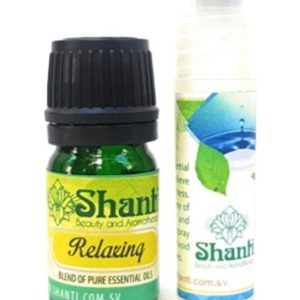
As we know, essential oils act at two levels when they come into contact with our body: by absorption through the skin and by inhalation, which is the main and fastest way for essential oils to penetrate the body.
Essential oils have therapeutic properties of the plants from which they are extracted by different methods that can be distillation by air current, by carbon dioxide and other methods.
We will focus on the effects of oils on emotions.
Mainly essential oils act on emotions and mental activity.
Through the sense of smell when the molecules are inhaled, they pass through the nervous system and reach the limbic system and also through the circulatory system, when the oils are applied topically, they are absorbed by the different ones into the bloodstream (reaching the bloodstream in 20 minutes).
The aromatic molecules in the limbic system will activate the amygdala (fear and trauma memory center) and cause a sedative effect on the Autonomic Nervous System (ANS). These essential oils act on the amygdala and the pineal gland, helping the mind and body to release emotional trauma and distress.
It is common that inhaling an essential oil evokes a type of memory or emotion because the limbic system is the one that generates the response at the emotional level.
The esters and aldehydes of certain essential oils have sedative and relaxing effects on the ANS, both sympathetic and parasympathetic. That is why the opinion of the person who consults the aromatherapist is important. In terms of taste and olfactory preferences, the blend should be to your liking.
What emotions can we treat effectively with essential oils?
Mainly anxiety, panic attacks and insomnia. Depression can be treated with essential oils.
Also, many essential oils can help us focus and increase concentration. Others help us to lift our spirits when we are very tired.








